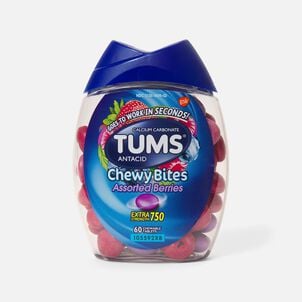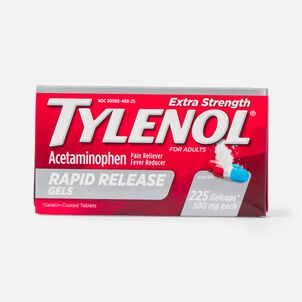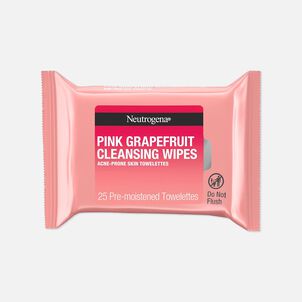Lowering the cost of healthcare is a smart move, no matter how you look at it. Aside from paying lower premiums and taking care of your overall health, many people take advantage of tools that help make their health care costs tax deductible. These include a health savings account (HSA) and a flexible savings account (FSA).
Even though they're referred to interchangeably, these are very different types of accounts. Both HSAs and FSAs are similar in that they help you make qualified health purchases using tax-free funds. But with limited exceptions, you can't have both. This means if you want to take advantage of your employer's flexible spending account, you may not be able to contribute to your HSA.
There are some instances in which you may be able to elect both accounts at once. You can technically have both if you have a certain type of FSA and meet the qualifications of an HSA.

Run of the mill just won't do
First, let's quickly go over what you need to qualify for an HSA:
- You're currently covered under a high-deductible health plan (HDHP)
- This plan has an minimum annual deductible of $1,600 for individuals or $3,200 for families
- Your plan has an annual out of pocket maximum of $8,050 (or less) or $16,100 for your family
- You aren't currently on Medicare or supplemental health care plan (including a spouse's employer- sponsored plan)
- You're not considered a dependent under anyone else's tax return
- You're not covered under other disqualifying health coverage, including yours or your spouse's enrollment in a traditional FSA
An FSA counts as "other health coverage," according to IRS Publication 969. So a general purpose health FSA will not be compatible with an HSA. And it's important to note that if your spouse elects an FSA that's not compatible with an HSA, your ability to contribute to an HSA goes out the window, as you're technically considered covered under that FSA (whether your spouse adds you as a dependent to the plan or not).
If your employer offers either a limited-purpose health or a post-deductible health FSA (also referred to as an "HSA-compatible FSA"), start celebrating! It means you can have an HSA alongside your FSA. And who doesn't want more tax-free spending on qualified medical expenses?
It doesn't have to be confusing...
Before running off and opening an FSA alongside your HSA, make sure you understand the pros and cons of each. Look carefully at your lifestyle to see if it even makes sense. You want to know if you'll be able to use up your FSA funds as you'll lose them after the end of the plan year (with the exception of those with deadline extensions or a $640 rollover for plan years starting in 2024).
Limited-Purpose FSA
This type of account typically only allows you to spend money on qualified dental and vision expenses. The account can also be used for your spouse and qualifying dependents including children through the age of 26.
Let's say your spouse goes to the dentist only to find out he needs a root canal within the next few months. It might make sense to contribute to a limited-purpose FSA because you can save your HSA funds for something else. You can then make a contribution to your limited-purpose FSA for the root canal.
Remember to check with your plan administrator or HR department about all of the details of your plan, including which plan will automatically pay first. If the plans are set up so that your HSA funds are withdrawn first, you may want to see if it's possible to have FSA-eligible expenses withdrawn from the FSA first, or if you'll have the ability to request that they be transferred from the HSA to the FSA.
Post-Deductible FSA
This isn't a common type of FSA. Before you hit your minimum deductible for the year, expenses are limited to dental and vision only with this account. Once you hit your minimum HSA deductible for the year, you can use the money from the post-deductible FSA account for all qualified medical expenses.
Just remember that if you reimburse an expense from your HSA, you can't also do it with your FSA.
So, let's say your minimum deductible is $2,700 for your family in your HSA. You can still access your post-deductible FSA for any vision and dental expenses until you reach $2,700 in expenses incurred that apply to your deductible. This plan would make sense to those who anticipate vision and dental expenses, or expect to set aside more than the HSA will allow.
Yes, you can have an FSA with an HSA
As long as your employer offers either a limited-purpose or post-deductible FSA, you can keep your HSA with no issues! Remember, FSA funds disappear after the plan's year is over with a few exceptions, so make sure you'll definitely use that money before making any contributions.
If so, you can let your HSA contributions compound and grow while still being able to take advantage of tax-free medical spending.
—
Thank you for visiting the FSA Store Learning Center. Don’t forget to follow us for more helpful tips on Facebook, Instagram, and Twitter.
















